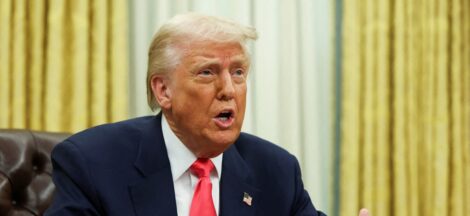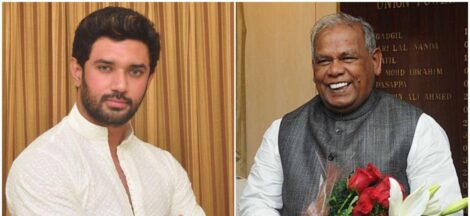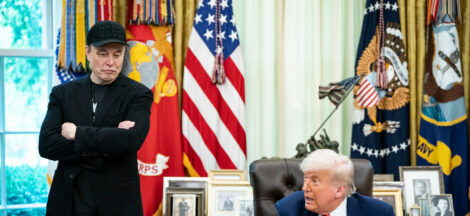Political tensions have intensified in India following remarks made by West Bengal Chief Minister Mamata Banerjee, which have sparked a sharp response from the Bharatiya Janata Party (BJP). Banerjee’s comments, made during a recent public address, have been perceived by the BJP as incendiary and inflammatory.
Banerjee’s speech, delivered in Kolkata, criticized the central government’s handling of various national issues, including economic policies and governance. She accused the BJP-led central administration of creating a divisive atmosphere and undermining democratic institutions. Her statements quickly became a flashpoint in the ongoing political discourse, drawing criticism from various quarters.
Himanta Biswa Sarma, Assam Chief Minister and prominent BJP leader, vehemently condemned Banerjee’s remarks. Sarma labeled the comments as a dangerous attempt to destabilize the nation and warned against efforts to “set India on fire.” He argued that such rhetoric only exacerbates existing political and social divisions, further complicating the country’s governance challenges.
The BJP’s response underscores the ongoing friction between the central government and opposition parties. This confrontation is part of a larger pattern of political contention that has characterized Indian politics in recent years. The BJP has consistently positioned itself against what it perceives as efforts by opposition leaders to undermine its legitimacy and authority.
In reaction to the BJP’s condemnation, Banerjee defended her statements, asserting that they were intended to highlight the failures of the central government rather than incite unrest. She emphasized that her criticism was grounded in a commitment to democratic principles and the welfare of the Indian people.
The exchange between Banerjee and the BJP reflects broader tensions within Indian politics, where regional leaders and central authorities frequently clash over policy and governance issues. This particular incident has intensified scrutiny of the political climate in India, revealing deep-seated divides and ongoing disputes over national direction.
As the political landscape continues to evolve, the impact of these exchanges on public sentiment and policy remains to be seen. The ongoing discourse underscores the complexities of governance and political competition in India, where statements and responses from key figures can significantly influence the national narrative.



 Karnataka MLA’s Controversial Statement on PM’s Residence
Karnataka MLA’s Controversial Statement on PM’s Residence 